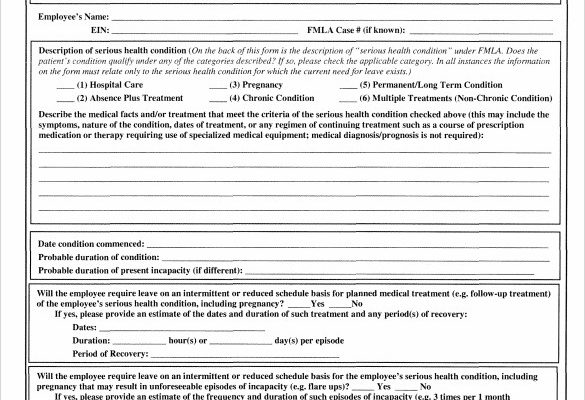3 Ways to Avoid Misunderstandings with Your Partner

Misunderstandings in a relationship can lead to conflicts, hurt feelings, and resentment that can slowly chip away at the bond between partners. To maintain a healthy and harmonious partnership, it is important to establish clear communication and build trust over time. Here are three effective ways to avoid misunderstandings with your partner and foster a deeper connection:
1. Practice Active Listening
Actively listening to your partner is a crucial aspect of avoiding misunderstandings. It involves focusing on what your partner is saying without interrupting or mentally preparing a response while they are speaking. Active listening enables you to truly understand your partner’s thoughts and feelings, resulting in stronger empathy and emotional support.
To practice active listening, follow these guidelines:
– Maintain eye contact with your partner when they speak.
– Be cognizant of nonverbal cues, such as body language and tone.
– Summarize what your partner said by paraphrasing their main points.
– Ask open-ended questions to encourage further clarification.
2. Improve Your Communication Skills
Effective communication plays a major role in preventing misunderstandings. Sharing your thoughts clearly and respectfully reduces the chances of misinterpreting each other’s feelings or intentions.
Follow these tips to improve your communication skills:
– Use “I” statements rather than accusatory language when expressing concerns or needs.
– Be direct but kind when addressing sensitive issues.
– Maintain regular discussions about your relationship status and emotional well-being.
– Practice patience during conversations and avoid talking over each other.
3. Encourage Openness and Honesty
A solid foundation of trust requires openness and honesty between partners. Encouraging transparency allows both individuals to express their authentic selves without fear of judgment or repercussion.
Support openness by:
– Creating a safe space for honest conversations, free from criticism or blame.
– Reassuring your partner that their thoughts and feelings are valid and important.
– Showing vulnerability by sharing your own emotions, insecurities, and needs.
– Appreciating and acknowledging the effort your partner makes to be open with you.
Conclusion
It may seem like misunderstandings are an inevitable part of relationships, but by adding these three strategies to your communication toolkit, you can greatly reduce any confusion or hurt. Practicing active listening, improving communication skills, and fostering openness and honesty will go a long way in strengthening the connection between you and your partner. In doing so, you build a solid foundation for a thriving, happy relationship built on trust and understanding.






